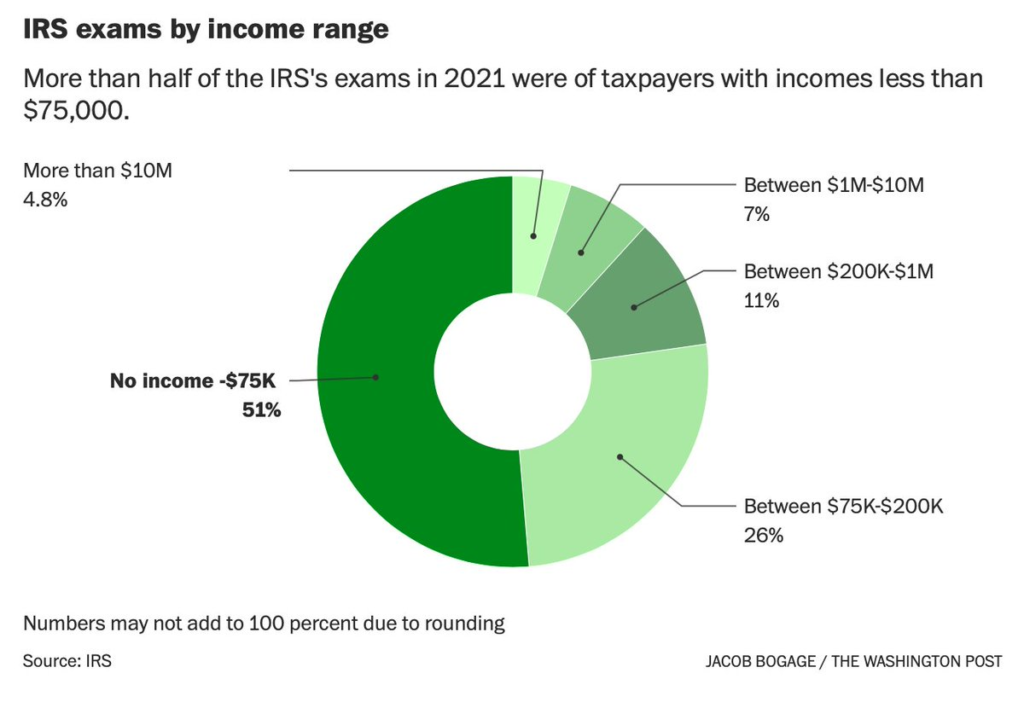Link: https://www.actuary.org/sites/default/files/2022-08/SocSecReformTaxation0822.pdf
Graphic:

Excerpt:
Social Security was originally
funded by a tax on the wages of
covered workers plus interest on
accumulated taxes not yet paid
out as benefits. Later, a tax on the
benefits of some beneficiaries
was added.
• Both the tax rate and the limit
on wages subject to taxation
have been raised periodically to
fund increases in the scope and
amount of benefits.
• According to the 2021 Social
Security Trustees Report,
accumulated assets will be
depleted by 2034 and income
to the system thereafter will be
insufficient to pay all scheduled
benefits when due.
• Some or all of this shortfall can
be averted by raising the tax rate
on wages, increasing the limit
on wages subject to taxation,
broadening coverage to include
all state and local government
employees, increasing taxes on
benefits, and/or creating new
taxes dedicated to funding Social
Security benefits.
• This issue brief explores a
wide variety of proposals for
increasing system revenue
that have been made over the
years by members of Congress,
government-appointed panels
and commissions, and outside
experts.
Author(s): American Academy of Actuaries Social Security Committee
Publication Date: August 2022
Publication Site: American Academy of Actuaries
